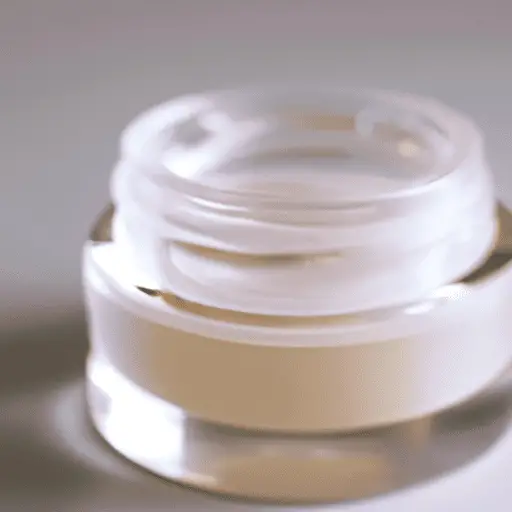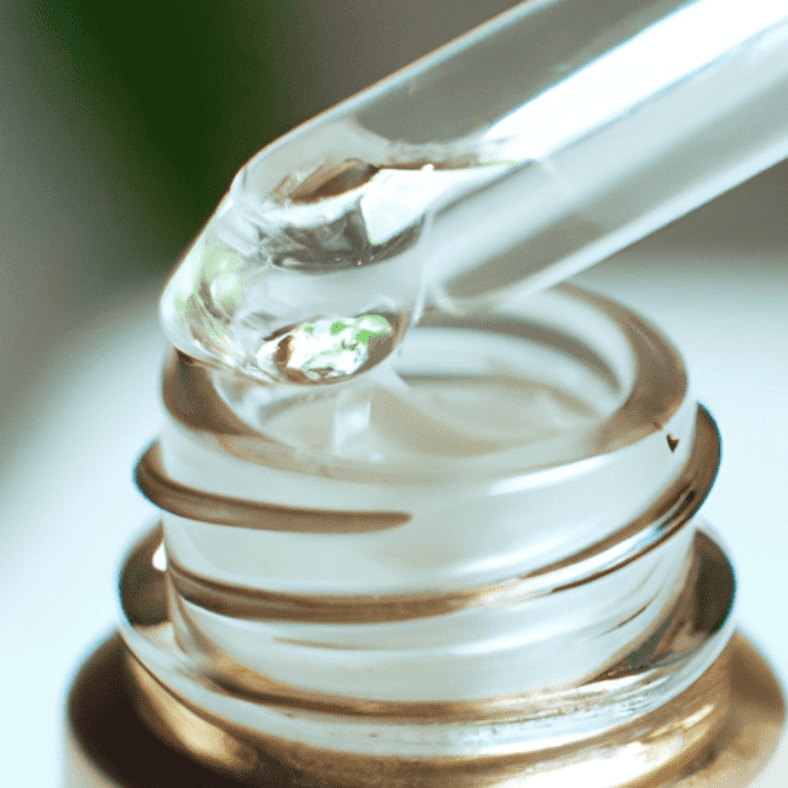-
Table of Contents
- The Power of Retinol in Anti-Aging Skincare
- Key Takeaways
- Unveiling the Power of Retinol
- Retinol: The Anti-Aging Powerhouse
- Boosting Collagen Production
- Side Effects and Recommended Usage
- FAQ Section
- 1. Can anyone use retinol?
- 2. When should I start using retinol?
- 3. How often should I use retinol?
- 4. Can I use retinol with other skincare products?
- 5. Can retinol cause skin purging?
- Conclusion: The Power of Retinol
- Key Takeaways
The Power of Retinol in Anti-Aging Skincare

[youtubomatic_search]
Key Takeaways
- Retinol, a derivative of vitamin A, is a powerful anti-aging skincare ingredient.
- It works by accelerating skin cell turnover and boosting collagen production.
- Regular use of retinol can reduce the appearance of fine lines, wrinkles, and age spots.
- While retinol is generally safe for most people, it can cause side effects like dryness, redness, and peeling.
- It’s important to start with a low concentration and gradually increase as your skin adjusts.
Unveiling the Power of Retinol
Retinol, a derivative of vitamin A, has long been hailed as a miracle worker in the realm of skincare. Its potent anti-aging properties have made it a staple in many skincare routines, promising to turn back the clock on aging skin. But what exactly is retinol, and how does it work?
Retinol: The Anti-Aging Powerhouse
Retinol is a type of retinoid, a class of compounds derived from vitamin A. It’s known for its ability to accelerate skin cell turnover, which helps to reduce the appearance of fine lines, wrinkles, and age spots. According to a study published in the Journal of Cosmetic Dermatology, participants who used a retinol-based cream for 12 weeks saw a significant reduction in the depth and severity of their wrinkles.
Boosting Collagen Production
One of the key ways retinol fights aging is by boosting collagen production. Collagen is a protein that gives our skin its structure and elasticity. As we age, our bodies produce less collagen, leading to sagging skin and wrinkles. By stimulating collagen production, retinol helps to restore the skin’s youthful firmness and elasticity.
Side Effects and Recommended Usage
While retinol is generally safe for most people, it can cause side effects like dryness, redness, and peeling, especially when first starting out. To minimize these side effects, it’s recommended to start with a low concentration and gradually increase as your skin adjusts. It’s also important to use sunscreen during the day, as retinol can make your skin more sensitive to the sun.
FAQ Section
1. Can anyone use retinol?
Most people can use retinol, but it’s always best to consult with a dermatologist before starting a new skincare regimen, especially if you have sensitive skin or a skin condition like rosacea.
2. When should I start using retinol?
There’s no set age to start using retinol, but many dermatologists recommend starting in your mid-20s to early 30s, when the first signs of aging typically appear.
3. How often should I use retinol?
It’s best to start using retinol once or twice a week and gradually increase to daily use as your skin adjusts.
4. Can I use retinol with other skincare products?
Yes, retinol can be used with other skincare products, but it’s best to avoid using it with other strong actives like acids to prevent over-exfoliation.
5. Can retinol cause skin purging?
Yes, retinol can cause skin purging, which is a temporary increase in breakouts as your skin adjusts to the product. This is normal and should subside after a few weeks.
Conclusion: The Power of Retinol
Retinol is a powerful anti-aging skincare ingredient that can significantly reduce the appearance of fine lines, wrinkles, and age spots. By accelerating skin cell turnover and boosting collagen production, it helps to restore the skin’s youthful firmness and elasticity. While it can cause side effects like dryness, redness, and peeling, these can be minimized by starting with a low concentration and gradually increasing as your skin adjusts. With its potent anti-aging properties, retinol is a worthy addition to any skincare routine.
Key Takeaways
- Retinol is a powerful anti-aging skincare ingredient that works by accelerating skin cell turnover and boosting collagen production.
- Regular use of retinol can reduce the appearance of fine lines, wrinkles, and age spots.
- While retinol can cause side effects like dryness, redness, and peeling, these can be minimized by starting with a low concentration and gradually increasing as your skin adjusts.
- It’s important to use sunscreen during the day when using retinol, as it can make your skin more sensitive to the sun.
- Consulting with a dermatologist before starting a retinol regimen is always a good idea, especially for those with sensitive skin or skin conditions.
[youtubomatic_search]

Leave a Reply